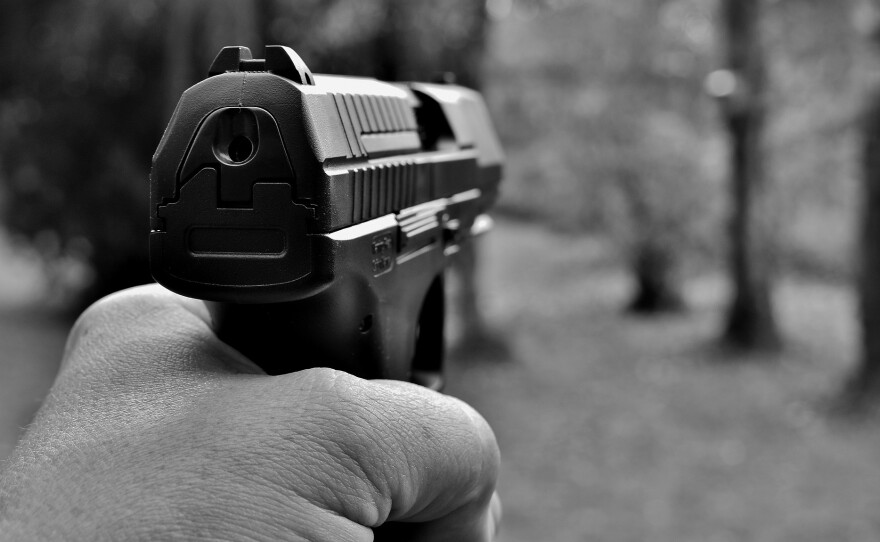Not long after Governor Henry McMaster signed the Open Carry with Training Act into law, the Richland County Sheriff’s Department distributed a memorandum to its deputies, explaining when the law goes into effect and what’s required of those carrying a handgun in public.
Under the law, firearms are still prohibited on State House grounds, school grounds when students are in school or involved in extracurricular activities, and in places where signage states they are not allowed. Sheriff Leon Lott said education is going to be a key factor in transitioning to an open carry state.
“It’s an education process for everybody, including CWP holders who will make the decision to openly carry; they will need to know what’s required of them.”
According to State Law Enforcement Division, as of December 2020, there were 418, 828 active CWPs (concealed weapon permits) in the state. The 90 days between the day the bill was signed into law and its implementation allows more time for law enforcement and those permit holders to learn what the law changes and what it does not.
According to the May 18 memorandum the Department released, anyone with a valid CWP can open carry a handgun, less than 12 inches in length, in South Carolina. Permit holders will need to have that ID on them when carrying and they must inform law enforcement that they are a permit holder and show their CWP when an officer identifies themselves and/or ask for ID/ driver’s license. The memorandum also details the 12 places a CWP holder cannot carry, openly or concealed.
SOURCE: SC State Law Enforcement Division (SLED)
| Active Permits on December 31, 2020 | 418,828 |
| Permits Issued in 2020 | 105,868 |
| Permit Applications Denied in 2020 | 2,733 |
| Permits Revoked in 2020 | 1,221 |
| Total Historical CWP Applications & Permitson December 31, 2020 | 561,416 |
Although he is optimistic the required training will help negate potential issues, the Sheriff does have some safety concerns.
“I think it could lead to more encounters that could possible go the wrong way,” Lott said. “We’re talking about getting guns off the street because of the violent crimes we got and here we are putting more guns on the street.”
During a recent press conference, Lott detailed the increase in gun crimes seen in the area. In the first five months of 2020, he said there were 12 murders in the area; this year, during the same time period, that number grew by two.
“What really jumps out to me is the number of people who have gotten shot. In 2020, during that same five-month time period, we had 30 people shot; this year we’ve already had 54 people shot. Of that 54, 14 are dead.”
When asked if he believes the state’s new open carry law will cause that number to increase, Lott said that is the unknown. “We don’t know what impact it will have; if it will increase crime.”
Others voicing concerns about potential problems the new law could invite include Perry Bradley, founder of Building Better Communities, a Columbia-based nonprofit established to help curb gun violence.
"Putting the actual weapon in play more frequently always opens the opportunity for violence and mistakes."
His organization is one place residents can go to get CWP training. Also through the nonprofit, Bradley has held a series of meetings, where residents shared concerns about possible civil rights violations.
"The communities are concerned; they're afraid," he said. "A lot of people believe this law will become another tactic of racial profiling of African-American males."
Like law enforcement, Bradley said he plans to help South Carolina make the transition to an open carry state as safely as possible for all residents through education. In July BBC will host a four-day gun violence prevention summit.



